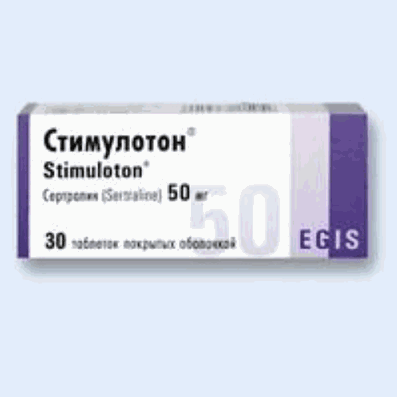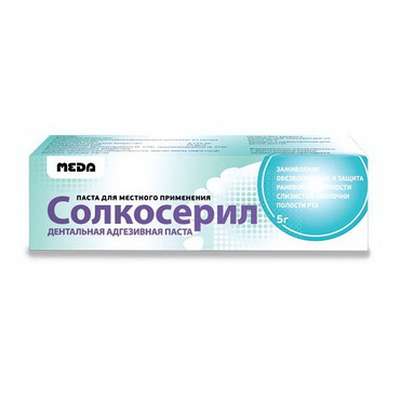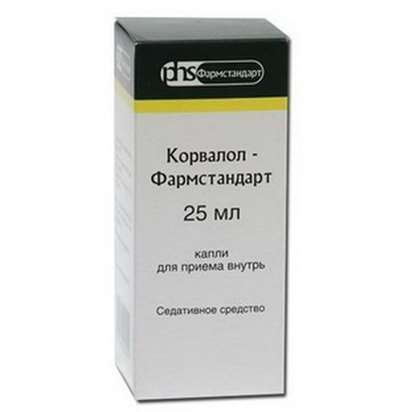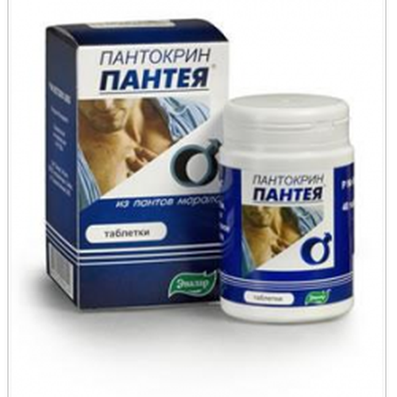Instruction for use: Tryptizol
I want this, give me price
Dosage form: tablets
Active substance: Amitriptyline*
ATX
N06AA09 Amitriptyline
Pharmacological group:
Antidepressants
The nosological classification (ICD-10)
F32 Depressive episode: Adynamic subdepression; Astheno-adynamic subdepressive states; Asthenodepressive disorder; Astheno-depressive disorder; Asthenodepressive state; Astheno-depressive state; Major Depressive Disorder; Vyaloapatichesky depression with retardation; Double depression; Depressive pseudodement; Depressive illness; Depressive mood disorder; Depressive disorder; Depressive mood disorder; Depressive state; Depressive disorders; Depressive syndrome; Depressive syndrome larviated; Depressive syndrome with psychoses; Depressed masks; Depression; Depression Depletion; Depression with the phenomena of inhibition within the framework of cyclothymia; Depression is smiling; Involutional depression; Involutionary melancholy; Involutional depression; Manic-depressive disorder; Masked Depression; Melancholic Attack; Neurotic depression; Neurotic depression; Shallow Depression; Organic depression; Organic depressive syndrome; Simple depression; Simple melancholic syndrome; Psychogenic depression; Reactive depression; Reactive depression with moderate psychopathological symptoms; Reactive depressive states; Reactive depression; Recurrent depression; Seasonal depressive syndrome; Severostatic depression; Senile Depression; Senile Depression; Symptomatic Depression; Somatogenic depression; Cyclotymic depression; Exogenous Depression; Endogenous depression; Endogenous Depressive Conditions; Endogenous Depression; Endogenous depressive syndrome
R32 Urinary incontinence, unspecified: Daytime enuresis; Idiopathic instability of the bladder; Urinary incontinence; Nocturia; Disorder of the function of the sphincter of the bladder; Spontaneous urination; Mixed forms of urinary incontinence; Functional disorders of urination; Functional disorders of urination; Functional enuresis in children; Enuresis
Composition and release form
1 tablet in a sugar coat contains amitriptyline hydrochloride 10 or 25 mg; in the package of 100 pcs. 1 ampoule - 1 ml of a 1% solution of amitriptyline hydrochloride; in the package 12 pcs.
Pharmachologic effect
Mode of action - antidepressant, sedative.
Inhibits the reverse capture of neurotransmitters (norepinephrine, serotonin, etc.) in the central nervous system. It blocks m-holinoretseptory.
Indication for the Tryptizol
Depression, enuresis (in the absence of organic pathology).
Contraindications
Hypersensitivity, acute phase of myocardial infarction, age (up to 12 years).
Application in pregnancy and lactation
When prescribing to pregnant women or women who may become pregnant, a potential positive effect should be compared with a possible risk to the mother and child. Contraindicated in breastfeeding.
Side effects
Hypo- or hypertension, syncope, nonspecific ECG changes, tachycardia, arrhythmia, blockade of the conduction system of the heart, myocardial infarction, stroke, impaired consciousness and sleep, excitation, delirium, hallucinations, tremor, ataxia, peripheral neuropathy, extrapyramidal disorders, mydriasis, accommodation disorder , increased intraocular pressure, dyspeptic disorders, constipation, oppression of hematopoiesis, impotence, withdrawal syndrome, allergic reactions.
Interaction
Incompatible with MAO inhibitors (hypipyretic crises, convulsions, death possible). Weaken the hypotensive effect of guanethidine or compounds with a similar effect. In combination with anticholinergics can cause paralytic ileus. Metabolism can be reduced by cimetidine. Strengthens the body's response to alcohol, barbiturates and other drugs that depress the central nervous system. Simultaneous reception with teturam may provoke delirium. When co-administered with anticholinergics or antipsychotics, hyperpyrexia is possible (especially in hot weather).
Dosing and Administration
Inside, IM and IV. Begin treatment should be from small doses, gradually increasing them. When administered to adults, out-patients at the beginning of treatment usually 75 mg per day in a few receptions; if necessary, increase the dose to 150 mg per day. Increase the dosage preferably at the end of the day and / or at bedtime. Sedative action manifests itself quickly, antidepressant can manifest itself in 3-4 days, for adequate development of the effect may take up to 30 days. For hospitalized patients at the beginning of treatment, a dose of 100 mg per day may be required; if necessary, the dose is gradually increased to 200-300 mg per day. For adolescents and the elderly, lower doses are recommended (50 mg in divided doses or once). In order to reduce the likelihood of relapse, maintenance treatment should be continued for 3 months or more. When parenteral administration of patients with depressive syndrome, the initial dose is 20-30 mg (2-3 ml) 4 times a day. Course - 1 week. After identifying the nature of the response to treatment and removing more serious manifestations of depression can be prescribed inside. Parenteral treatment is used for patients who are unable or unwilling to take the drug inside. When enuresis, children younger than 6 years are prescribed 10 mg at bedtime, children 6-10 years - 10-20 mg per day, children 11-16 years - 25-50 mg per day.
Overdose
There is a report of a lethal arrhythmia 56 hours after an overdose.
Precautionary measures
Prescribe cautiously to patients with seizures in history, impaired liver function and urinary retention (including in history), angle-closure glaucoma and increased intraocular pressure (glaucomatous crisis may occur). It should stop taking the drug a few days before the surgery. In some patients, the speed of response decreases (avoid driving and other activities that become dangerous when the reaction decreases). Patients with cardiovascular disorders require careful monitoring (large doses cause arrhythmias, sinus tachycardia, conduction slowdown, myocardial infarction and stroke were reported), hyperthyroidism. During treatment of patients with depression, there is a risk of suicide.
Storage conditions of the drug Tryptizol
Keep out of the reach of children.

 Cart
Cart





